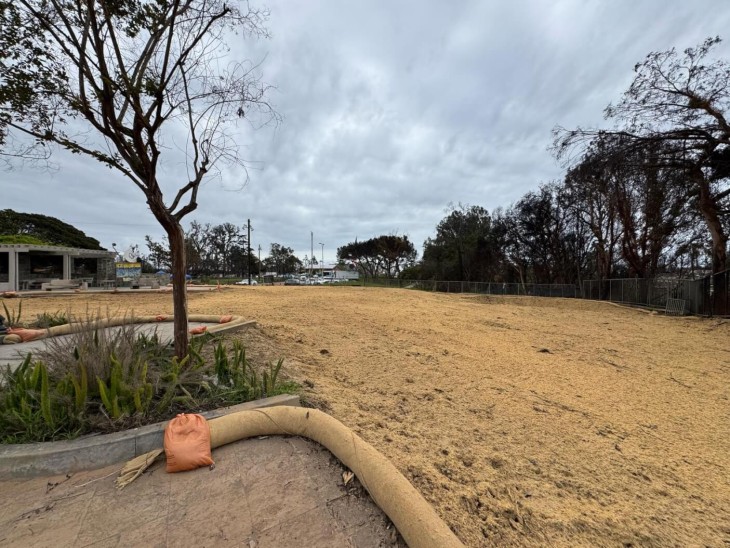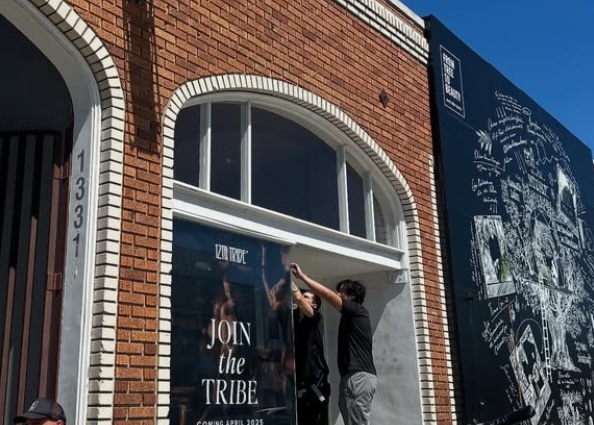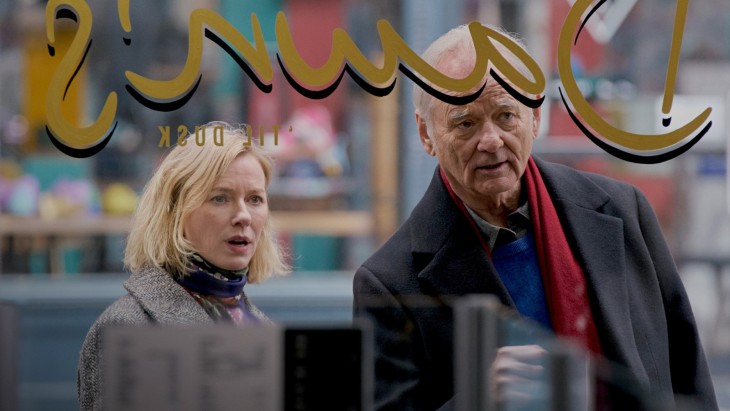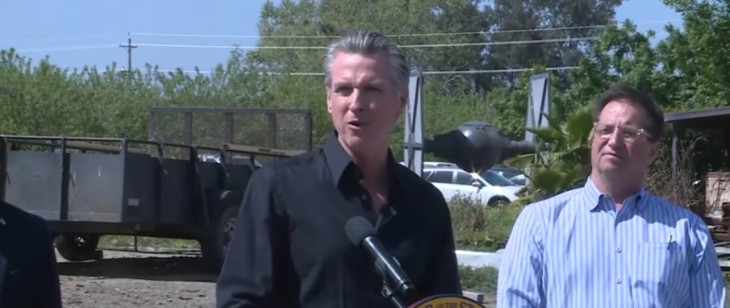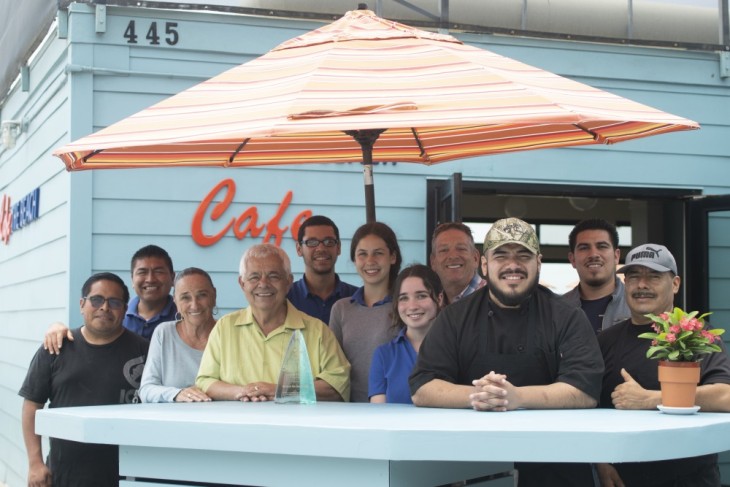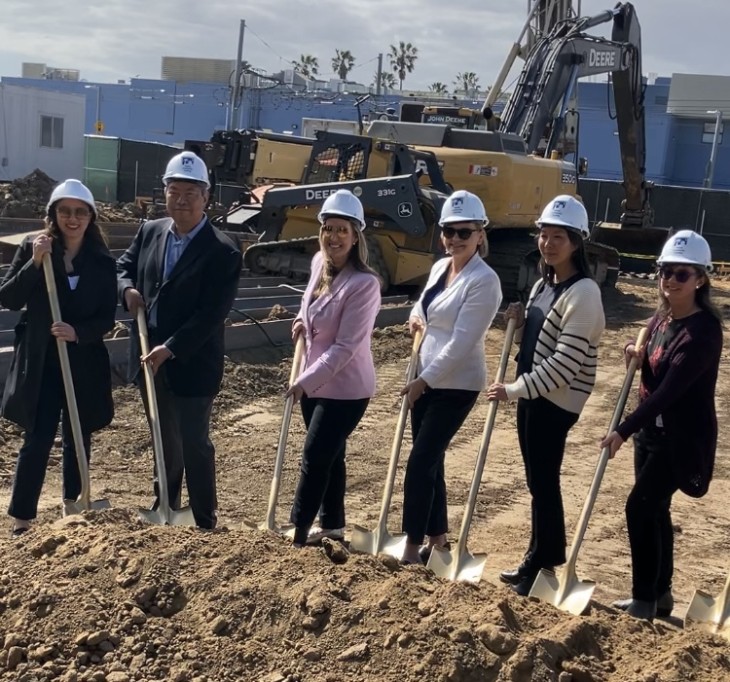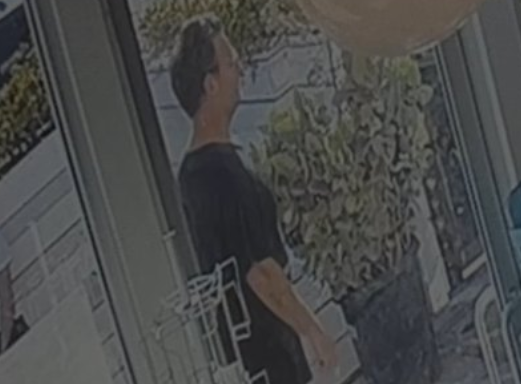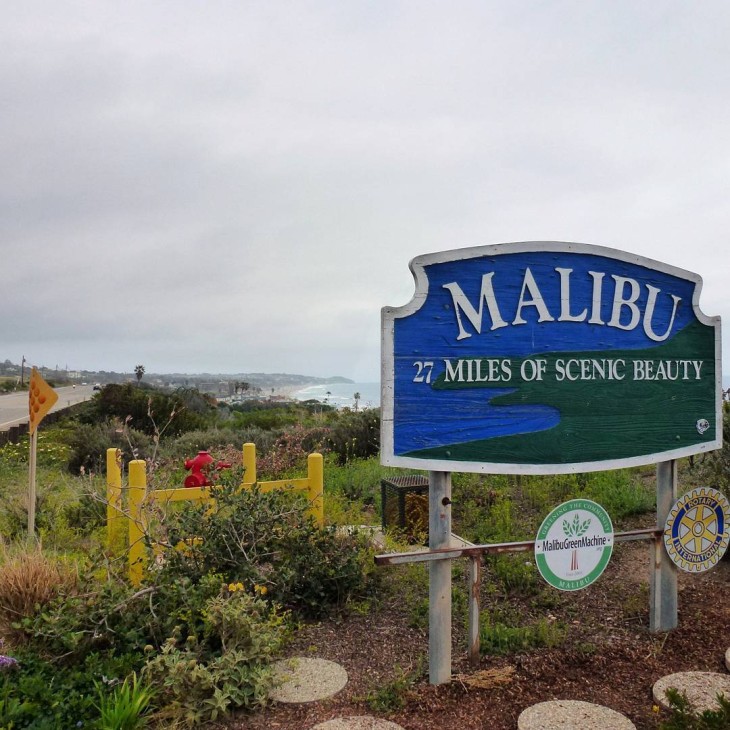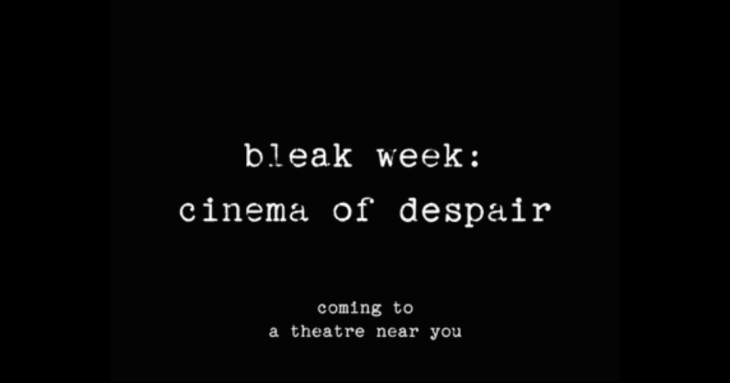Personal trainers may soon have to pay a fee to use Santa Monica’s public parks as a location for their fitness classes. In response, those trainers have banded together and created a coalition in hopes of preventing City Hall from enforcing fees or other regulations against them as they conduct training activities at local beaches and parks.
Known as the Santa Monica Outdoor Fitness Coalition (SMOFC), the group formed after the Recreation and Parks Commission contemplated a new policy requiring personal trainers be assessed a tax on their revenues as much as 15 percent in exchange for use of places such as Palisades Park or Santa Monica Beach.
The SMOFC comprises of seven personal trainers who operate for-profit fitness courses and represent about 450 clients.
Recreation and Parks Commission Chair Phil Brock told The Mirror the City panel reached a compromise on a proposal that would go to Council members as next month.
The commission-approved proposal would ban group classes at Palisades Park. However, fitness classes with one or two members would be acceptable.
Personal trainers would also be required to pay a $100 license fee, prove his or her personal training certification is current, demonstrate proof of insurance, and pay as much as 15 percent of the gross fee collected.
Commissioners, who were earlier split at that November meeting and public hearing, approved the proposal unanimously. Some commissioners wanted a full ban on private training at public parks.
“We want people active. But there’s a fairness issue,” Brock said. “We still encourage people to use our park.”
A key issue for City Hall is the stretch of Palisades Park between San Vicente and Idaho. In that six-block stretch, the Recreation and Parks Commission was worried too many group fitness classes held there would adversely affect others who wanted to use the park for other purposes, such as personal time.
When the issue was in front of the Recreation and Parks Commission in November, the personal trainers there expressed concern about the proposed 15 percent fee. However, Brock said as a practical matter such a fee may turn out to be less than $10 per session.
By comparison, Brock pointed out Los Angeles charges $60 for any private person who wants to conduct fitness training in a public park. Meanwhile, other beach cities have banned all trainers from conducting workout sessions in public parks.
Brock said a possible fee for trainers who regularly use high traffic public areas such as Palisades Park is not unreasonable since many of those same trainers would have to pay to operate in traditional brick-and-mortar facilities such as 24 Hour Fitness, Equinox, Gold’s Gym, or L.A. Fitness.
“All of them have become brick-and-mortar on public land. All these trainers would be at Equinox or somewhere at a gym but instead they are saving money on public land,” he said.
Other concerns included noise, safety and the possibility of Santa Monica residents effectively subsidizing outside trainers to use tax-funded parks for a private venture.
An injury recently took place at the Idaho overpass in connection to the outdoor classes at and near Palisades Park.
Brock said the aim of regulating and taxing personal trainers is not aimed at banning them from Santa Monica’s beaches and parks. Instead, the potential policy would control activity at Palisade Park and alter where they would be able to within the city they may operate.
There are 26 parks within the city plus the beach where personal trainers can operate, Brock pointed out.
Speaking on behalf of the coalition, Erin Dick said any proposed fees are inequitable. She also wanted to explore the possibility of creating an “outdoor fitness advisory committee” at City Hall.
“We agree with the fact that there needs to be regulation,” Dick told The Mirror, adding there are indeed some trainers who do not play by the rules. However, she advocates for the advisory committee with “subject matter experts” that would consult City Hall to come up with what they think are relevant regulations.
She added if City Hall ultimately adopts a policy regulating personal trainer activity at public venues, the economic harm would be significant, as trainers purchase gas and shop in the city. In assessing a 15 percent fee, Dick believes many trainers would stop shopping, eating, or getting gas within Santa Monica.
Even more, the proposed fees would not address the commissions concerns of noise, park overuse, or safety.
“What we want to do is partner with the city to partner to find solutions that address the concerns the commission has. The solutions that they are proposing are not going to fix the real problems,” Dick said.
Dick contended there is a misconception that personal trainers are using parks for free, as they are already paying taxes, license fees, permit fees, and purchase insurance policies worth as much as $1 million.
Instead of an assessed 15 percent fee on gross revenues, Dick suggested personal trainers could offer health and fitness related community service. For example, trainers could offer free courses in lieu of the fee. If a trainer is unable to demonstrate they have provided community service, perhaps then the proposed 15 percent fee could be assessed.

